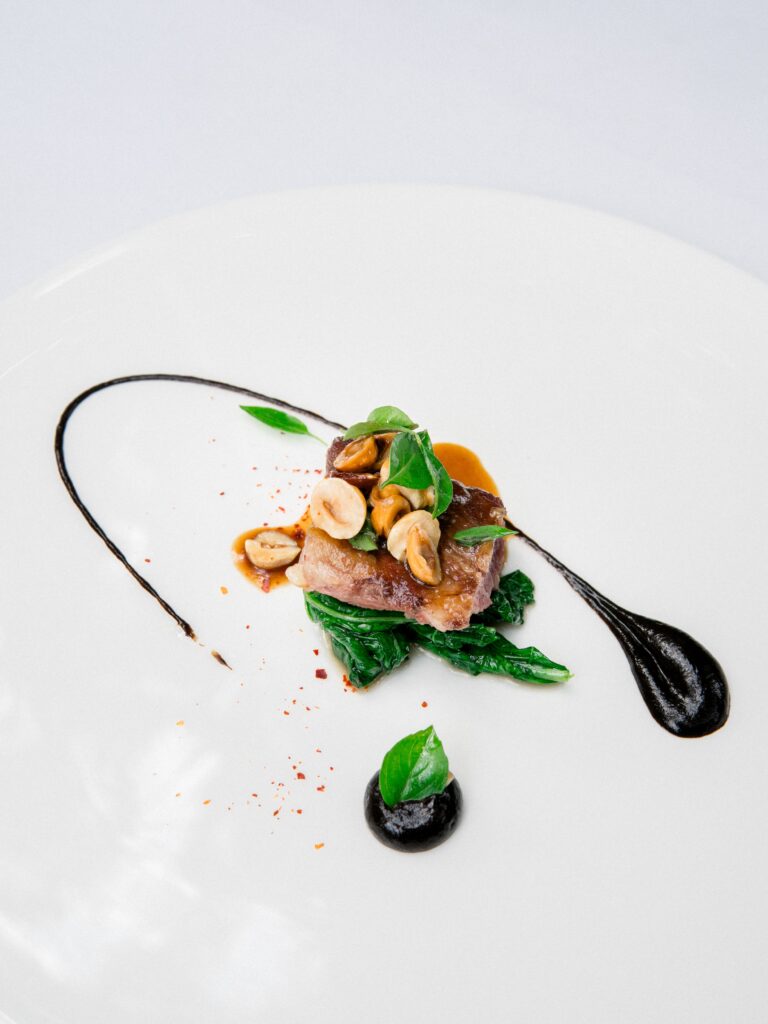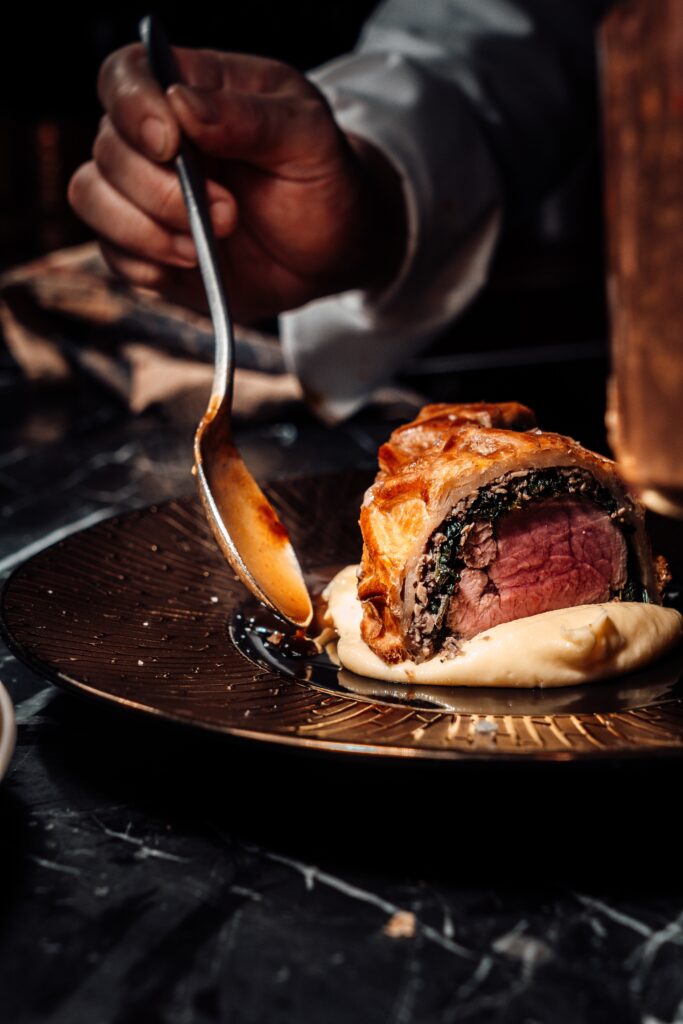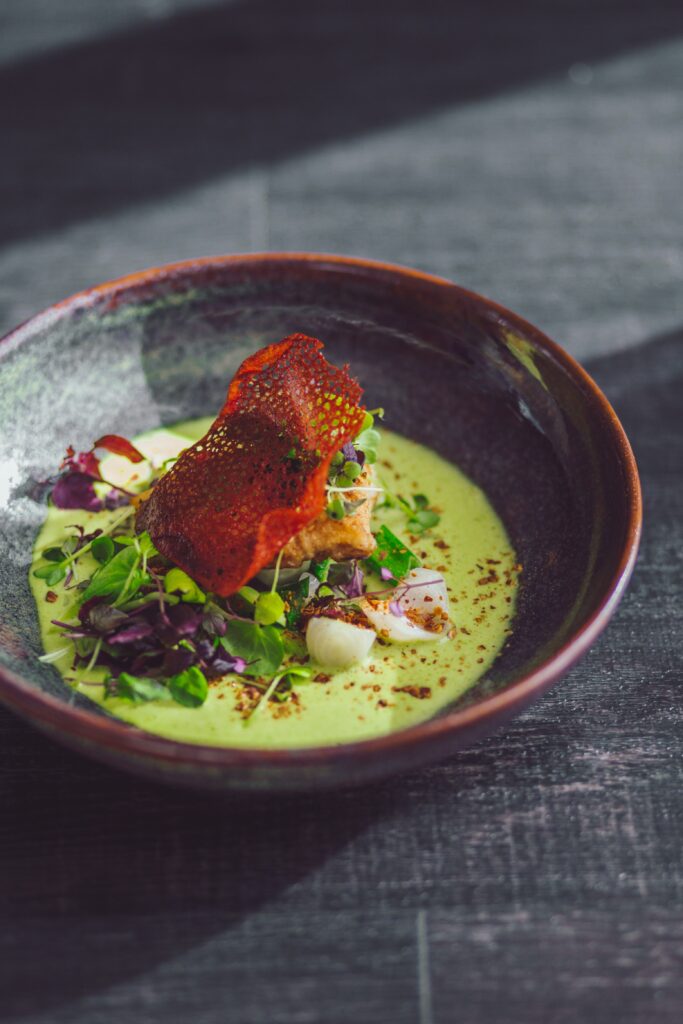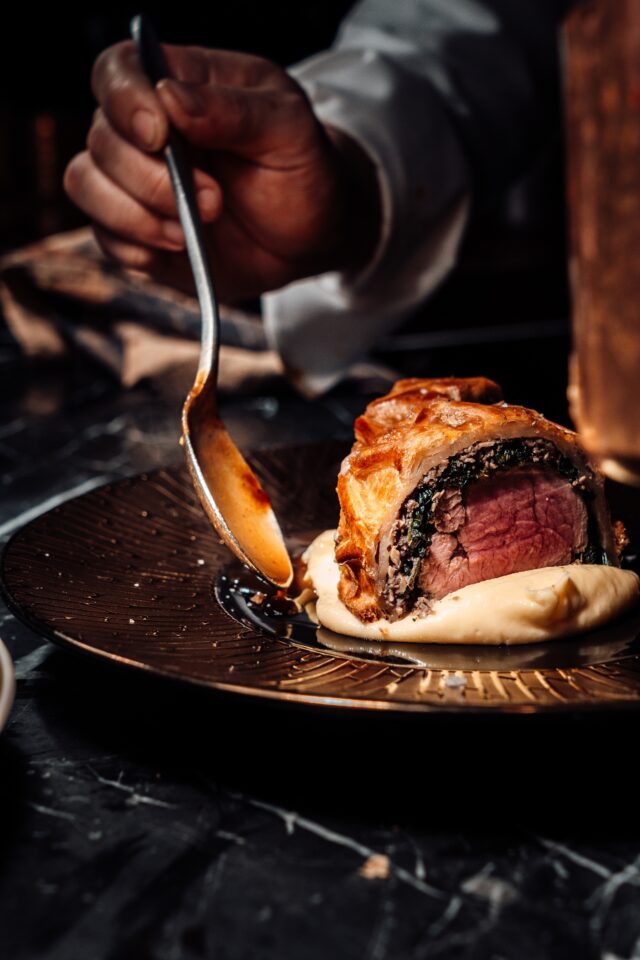In this discussion, you’re going to explore the intriguing world of fine dining, more specifically, its typical price ranges. You’ll understand what to expect financially when planning for such an experience. So, brace yourself for a culinary-centered financial conversation!

This image is property of images.unsplash.com.
Understanding Fine Dining
Concept of Fine Dining
The concept of fine dining revolves around a high-end, full-service restaurant with a specific dedicated meal course. Fine dining establishments are characterized by exceptional service, elegant ambiance, impressive presentation, and culinary sophistication. In other words, fine dining is not merely about eating—it is about creating an unforgettable dining experience.
The Evolution of Fine Dining
Over the years, the concept of fine dining has evolved significantly. What was once a formal, white-glove service experience, it has now adapted to a more relaxed yet elegant affair. However, the core values of exceptional customer service, high-quality food, and classy ambiance have been preserved through all these periods.
Characteristics of a Fine Dining Experience
Fine dining experience is characterized by exquisite cuisine, thoughtful presentation, elegant ambiance, and impeccable service. These dining institutions usually have a professional staff, including chefs, sommeliers, and waitstaff, all of whom are trained to offer the highest level of hospitality.
Regional Differences in Fine Dining
Fine dining also largely varies by region. An extravagant sushi place in Tokyo, for instance, will offer a vastly different fine dining experience than a chic Parisian bistro—each one setting their high standards of hospitality and cuisine.
Components of Fine Dining Costs
Premium Ingredients and Their Costs
One of the key factors driving the price of a fine dining experience is the quality of ingredients used. These restaurants pride themselves on using only the finest, often locally sourced or even directly imported ingredients, which significantly impacts the cost. This is why dining at these places is more expensive than your average eatery.
Labor and Staffing Expenses
Another considerable part of fine dining costs is labor. The fine dining service staff are highly trained professionals with a keen eye for detail, whether it’s in preparing the food or serving it.
Overhead Business Expenses
Fine dining restaurants also entail high overhead costs. These establishments offer an elevated aesthetic, compelling ambiance, marking up the expenses.
Pricing Strategies in Fine Dining
When it comes to pricing, fine dining establishments adopt several strategies. Some restaurants will ensure a hefty profit margin, while others will price competitively to attract a broader audience.

This image is property of images.unsplash.com.
Range of Prices in Fine Dining
Dining Experiences and Their Associated Costs
The cost of fine dining is reflective of the experience. From a panoramic city skyline view to a secluded countryside setting, these experiences are tailored to be unique and memorable, often escalating the prices.
Pricing Variations Based on Location
Prices can also drastically vary based on the restaurant’s location. Fine dining establishments in cities with a high cost of living, like New York or Singapore, are typically more expensive.
Effects of Menu Choices on Final Prices
The cost of your fine dining experience largely depends on your menu selections. A collection of exotic ingredients or a wine pairings menu can substantially elevate the cost.
Impact of Seasonality on Fine Dining Prices
Seasonality also affects the prices in fine dining. Certain ingredients are only available at specific times of the year, and the scarcity can inflate costs.
Cost Analysis of Popular Fine Dining Destinations
Price Comparison of Top Fine Dining Restaurants
There is a significant variance when you compare costs across top fine dining restaurants around the world.
Factors Behind the Pricing of Renowned Eateries
Several factors contribute to the steep pricing of renowned eateries—location, service quality, brand reputation, and more.
The Value Proposition of High-End Restaurants
High-end restaurants aren’t merely selling food—they are offering a comprehensive sensory experience, justifying the high prices.

This image is property of images.unsplash.com.
Demystifying the Luxury of Fine Dining
Perception of Price and Quality in Fine Dining
The common perception is that high price equals high quality in the fine dining realm to a certain extent.
The Psychology Behind High-End Dining Prices
There is a psychological angle to high-end dining prices. It plays into people’s associations of prestige and luxury with higher price tags, making them willing to splurge.
Why are People Willing to Pay More for a Fine Dining Experience
People are willing to pay more for a fine dining experience due to several reasons, including special occasions, exploration of unique culinary delights or simply the desire for a luxurious experience.
Future Trends of Fine Dining Prices
Impact of Global Economy on Fine Dining
Global economic trends and scenarios will continue to influence prices in fine dining, affecting the overall food and beverage industry.
Innovations Likely to Affect Fine Dining Prices
Innovations in technology and hospitality could redefine the fine dining scene and affect the pricing trends.
Consumer Demand and Future Pricing Trends
Creating extraordinary dining experiences intersecting technology, sustainability, and cuisine could be influential in future pricing trends.
Budgeting for a Fine Dining Experience
Tips for Budgeting a Fine Dining Experience
Ensure you are aware of the pricing before you dine. Consider costs beyond the meal such as drinks, taxes, and tips.
How to Experience Fine Dining on a Budget
Some fine dining places offer lunch or early evening menus at lower prices, giving you the experience without the massive bill.
Hacks to Manage Costs When Fine Dining
Choosing wisely from the menu and opting for less popular times or days can help manage costs when fine dining.
Affordable Alternatives to Fine Dining
Exploring Mid-Range Fine Dining Options
Mid-range restaurants are increasingly upping their game, offering high-quality dining experiences at more affordable prices.
High-Quality yet Affordable Dining Experiences
Several eateries provide top-notch food and service without the exorbitant price tag.
Transition from Fine Dining to Affordable Luxury
The trend of affordable luxury in dining is gaining momentum, paving the way for gourmet experiences without a hefty price.
Impact of Fine Dining Prices on Industry
Fine Dining Prices and its Influence on Restaurant Industry
Fine dining prices influence the industry by setting standards for quality, service, and pricing, which other restaurants aspire to match.
Effect on Job Market and Economy
The fine dining industry creates premium jobs and contributes significantly to the economy.
Contribution to the Food and Beverage Sector
From pushing the boundaries of culinary innovation to setting trends, fine dining contributes significantly to the larger food and beverage sector.
Conclusion
Overarching Analysis on Fine Dining Prices
The price ranges in fine dining are extensive, influenced by various factors from ingredients to location and dining experience.
Reiterating the Influences on Price
Factors driving cost in fine dining are multi-layered. Ingredient quality, service quality, location, overhead costs, and brand reputation all play into the pricing.
Final Takeaway on Navigating Costs in Fine Dining
While fine dining can be expensive, it doesn’t mean it’s unreachable. Proper budgeting, wise choices, and exploring mid-range options can make it accessible.










